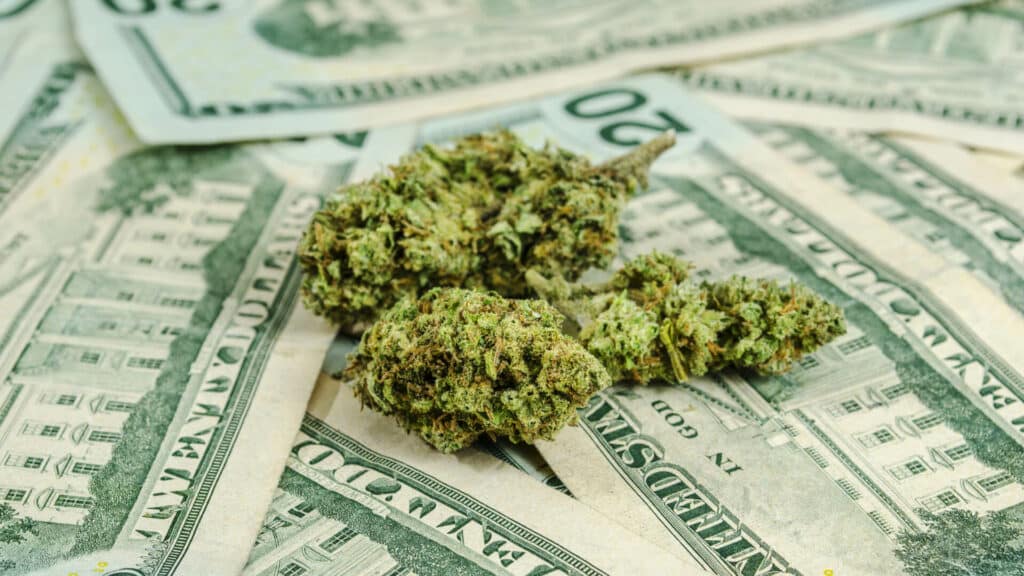
Marijuana opponents have tried very hard to scare the American public into thinking that when marijuana laws are reformed, an epidemic will immediately follow of stoned drivers wreaking havoc on public roadways. Marijuana has been legal in Washington and Colorado for awhile now, and the doomsday predictions of marijuana opponents haven’t materialized yet. I would expect that to remain the same. If it hasn’t happened by now, it likely won’t happen in the future.
Determining if someone is ‘too stoned to drive’ is very difficult. There is no reliable way to measure someone’s marijuana intoxication level, unlike alcohol which can be determined accurately by a breathalyzer test. There is no marijuana breathalyzer in use right now, and even if there was, it would only indicate that marijuana is present on a person’s breath, not whether or not the person is too stoned to drive. Blood tests are accurate for determining recent alcohol consumption, but for marijuana, it just shows that the person has marijuana in their system. How long it’s been in their system is nearly impossible to determine since marijuana stays in a person’s system for so long. I had a friend who was forced into rehab, and he didn’t pass a drug test for marijuana for six weeks because he smoked so much.
When I was in a law class in college, my professor was a defense attorney who specialized in DUI cases. He explained to us that an officer has to conduct numerous field sobriety tests before they can determine if a person is too stoned to drive. Some of the tests are for marijuana, but some of them are for other substances, and they are conducted to rule out other stuff and get to a marijuana related infraction by the process of elimination. It’s far from a concrete determination.
The federal government has been studying the effects of marijuana on drivers over the course of the last year. The study was concluded this last Spring. Per USA Today:
A small group of volunteers spent much of the last year getting drunk and stoned on marijuana furnished by the federal government before getting behind the wheel.
The volunteers were part of what federal scientists say was the most comprehensive study ever conducted on how marijuana, and pot combined with alcohol, affect drivers. The data now being analyzed ultimately will help regulators decide how stoned is too stoned to drive. It’s similar to the studies conducted to develop levels for drunken driving. Volunteers were recruited from around Iowa City, home to the University of Iowa’s National Advanced Driving Simulator.
“They were happy to participate,” says Marilyn Huestis, chief of chemistry and drug metabolism at the Intramural Research Program at the National Institute on Drug Abuse.
Results from the study haven’t been released yet. Being that the study was conducted by the federal government, which has a long history of reefer madness, I’m hesitant to take the results at face value when they are released. When the results are eventually released, I’ll make sure to post them, along with an analysis as to the validity of the findings.




